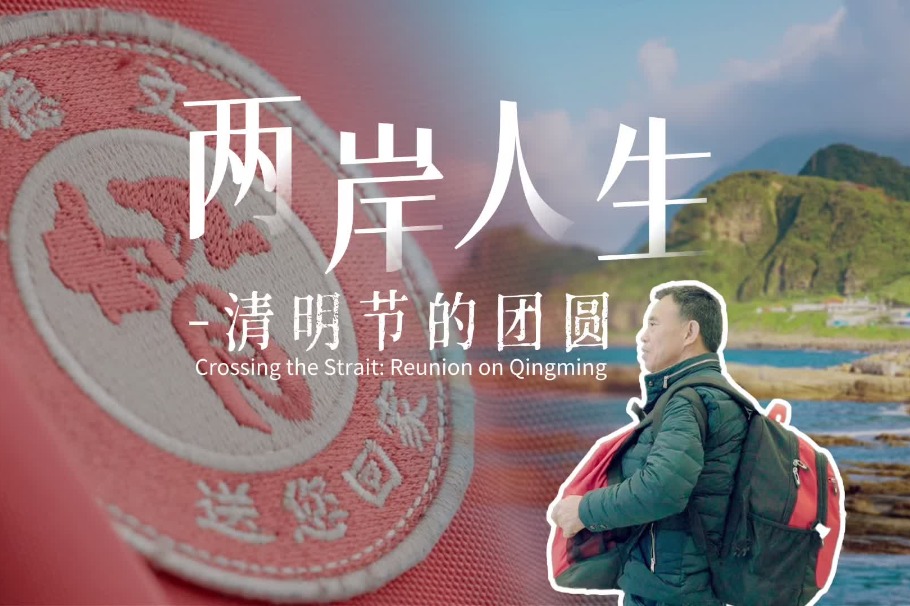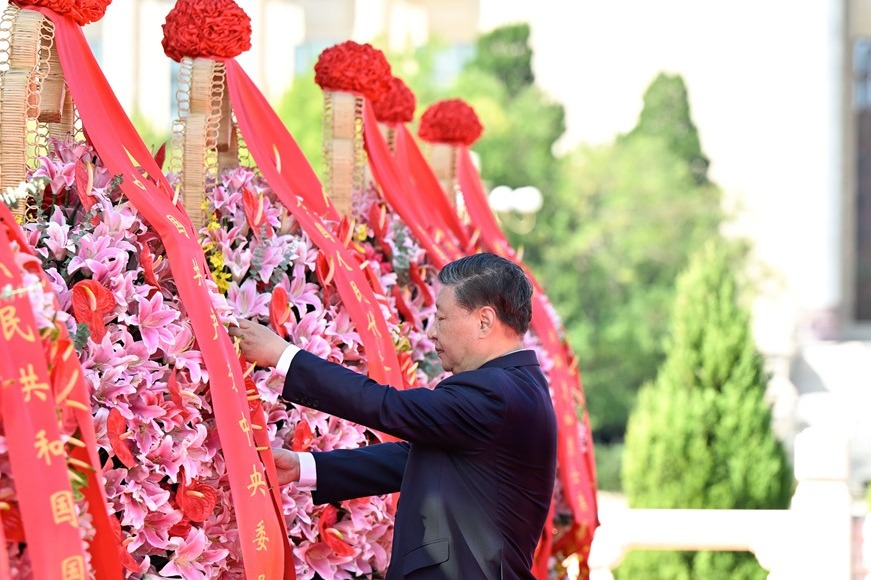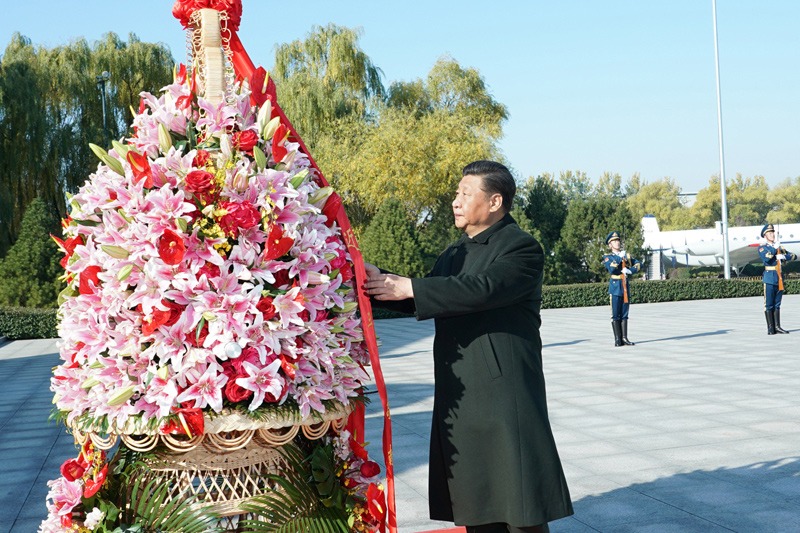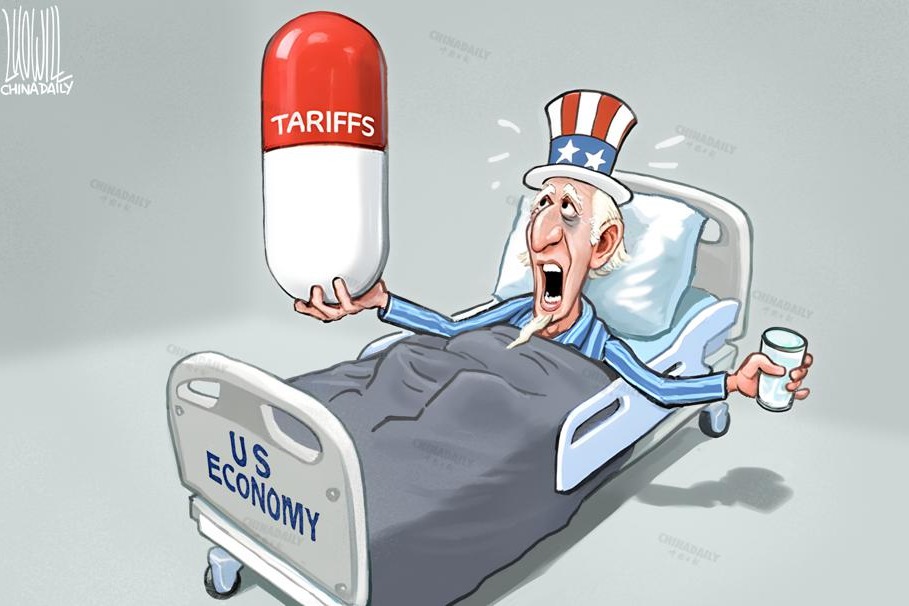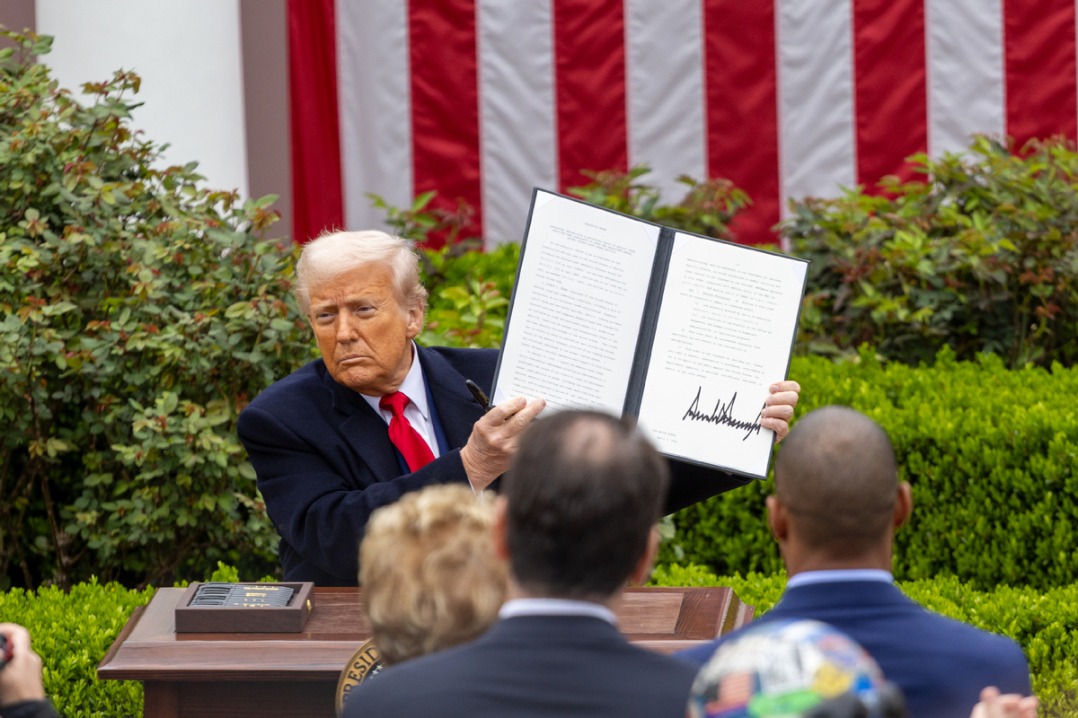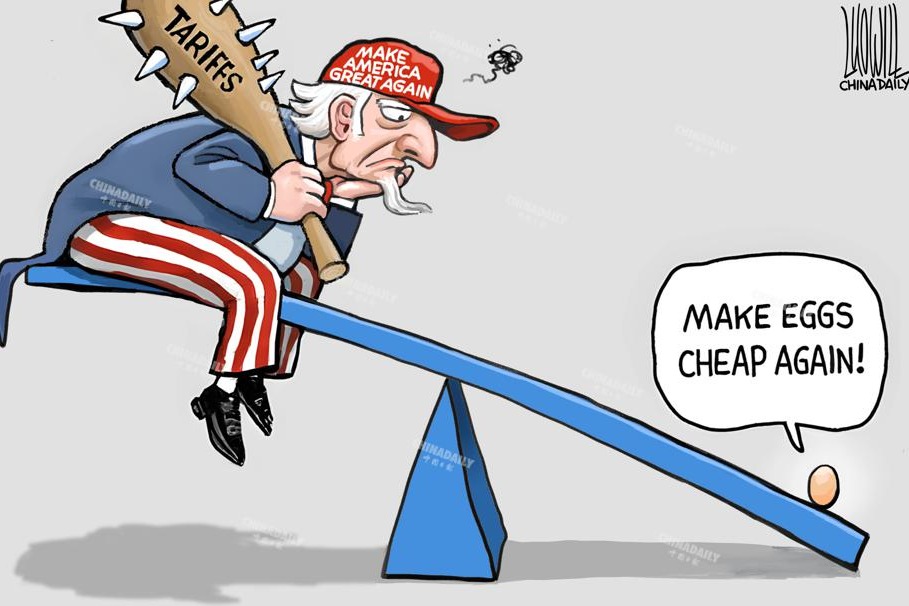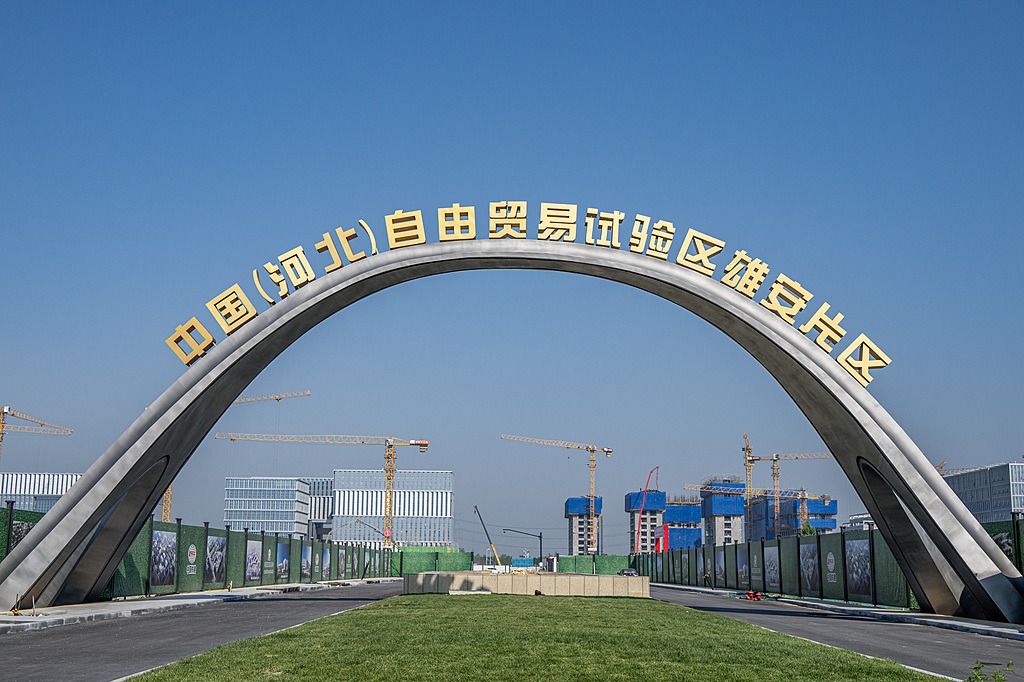Manila should reconsider who its friends are

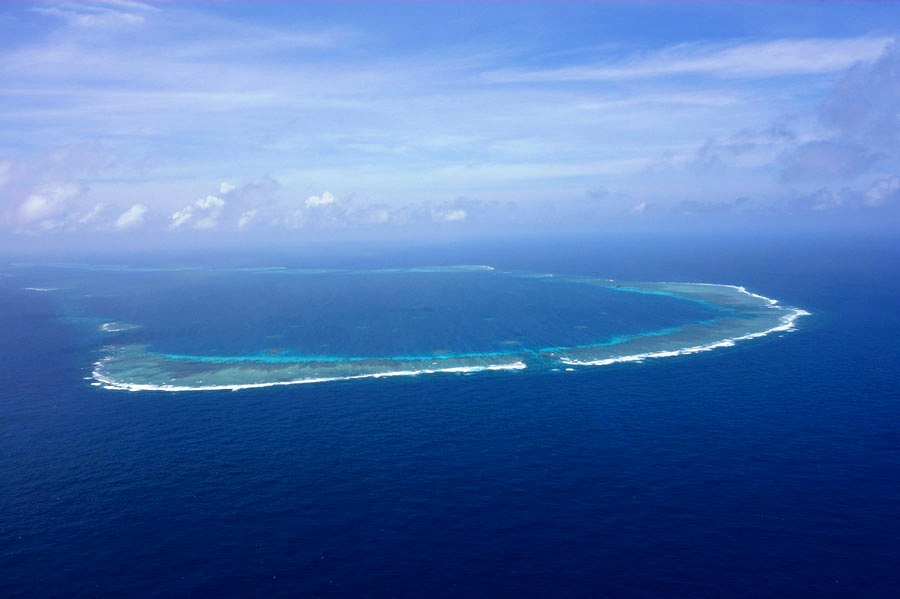
The People's Liberation Army Southern Theater Air Force conducted a routine patrol in the airspace of China's Huangyan Island in the South China Sea on Tuesday. At the same time, the Philippines solicited countries outside the region to organize a so-called joint patrol to deliberately undermine peace and stability in the waters.
The latest provocative moves of the Philippines came after Philippine Secretary of Foreign Affairs Enrique Manalo's first phone call with US Secretary of State Marco Rubio on Jan 22, in which the two sides talked about China's "dangerous and destabilizing actions" in the South China Sea, according to a readout of the US State Department on the talks.
Rubio "underscored the United States' ironclad commitments to the Philippines under our Mutual Defense Treaty", the State Department said in the statement.
Notably, the talks between Manalo and Rubio came one week after the 10th Meeting of the China-Philippines Bilateral Consultation Mechanism on the South China Sea. In the meeting, the two sides had a candid and constructive exchange of views on the situation in the South China Sea. Both sides reiterated the importance of maintaining peace and stability in the waters, believing that this serves the common interests of the two countries and the region.
The two sides also agreed to strengthen sea-related dialogue, communication and contact, properly handle maritime disputes and differences, and continue to promote practical maritime cooperation in various fields such as marine science and technology, and environmental protection.
But the continuous worsening of the situation in the South China Sea after the Manalo-Rubio talks, which followed one day after the latter hosted a Quad foreign ministers' meeting in Washington, indicates that the Ferdinand Marcos Jr government of the Philippines, after a brief respite of wait and see during the power transition in Washington, has decided to continue its tricks of saying one thing and doing another. It has apparently bet on the new US administration carrying on its predecessor's support for the Philippines.
With Japan, Australia and India, which were all active participants in the previous US administration's "Indo-Pacific" strategy, all adopting a more balanced foreign policy when it comes to relations with the US and China, it is high time Manila weighed the possible gains and losses of continuing the one-sided pro-US diplomacy that has actually brought the Philippines nothing but risks and uncertainties, and isolated it from the rest of the region over the past more than two years.
As Chinese Foreign Ministry spokesperson Mao Ning said, China's activities in the relevant waters are reasonable and legal and beyond reproach. The US is not a party to the South China Sea issue and has no right to intervene in maritime issues between China and the Philippines. The US-Philippines military cooperation must not undermine China's sovereignty and maritime rights and interests in the South China Sea, and must not be used to endorse the Philippines' illegal claims. China will continue to take necessary measures to firmly defend its territorial sovereignty and maritime rights and interests and maintain peace and stability in the South China Sea.

















